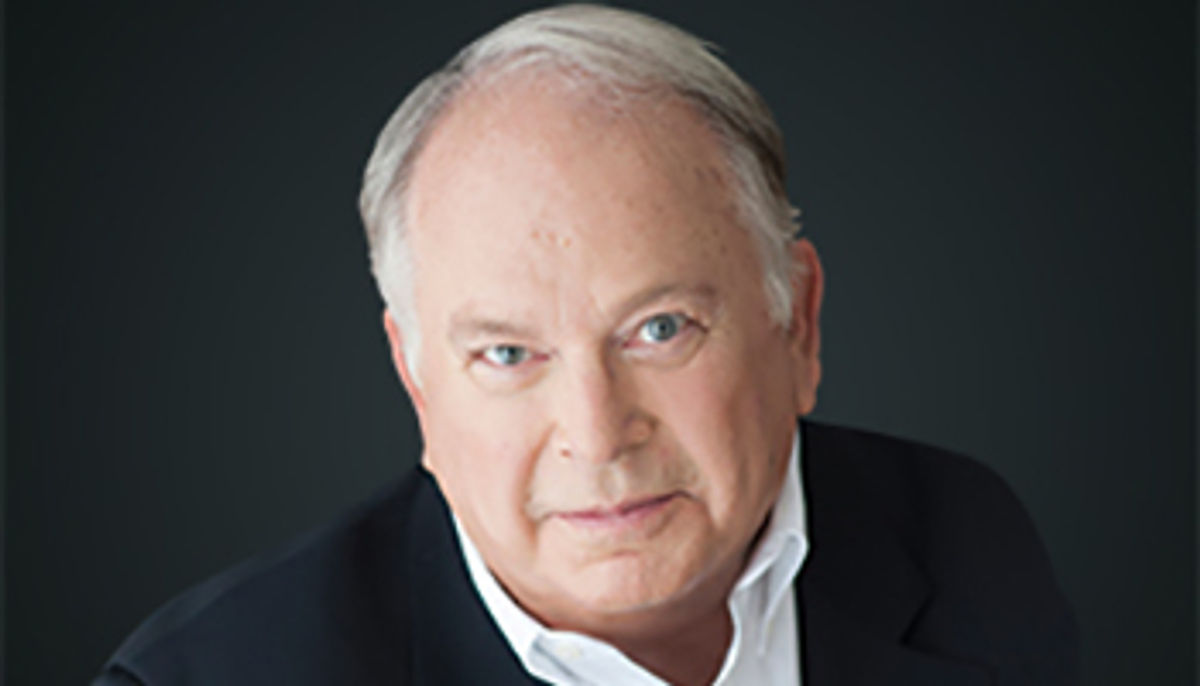As I noted in my previous column, two agents I respect a great deal suggested that I should use this space to address more questions from readers. So I will continue along that path this week:
Q: My agency belongs to an agency group that brings in motivational speakers for our twice-a-year gatherings. The speakers are professional — many have written books and have some good ideas — but we are looking for more specifics about how to hire employees, provide the very best services in our city and break out of the travel agency or IC mold. I was wondering if you might identify a mentor or guru who might be helpful to a 6-year-old agency owner with high aspirations?
A: My mentor has, sadly, passed on. He never met me and would have had no idea how impactful his thinking was on my business. Steve Jobs did not attend Harvard. He attended Reed College, dropping out after one semester, and later traveled to India and study transcendental meditation.
Later, when he and his partner Steve Wozniak sensed how huge their Apple business might be, they went out and tried hiring experienced pros in every field. In an interview in 1985, Jobs summarized the experience: “Most of them were bozos. They know how to manage, but they didn’t know how to do anything.”
So Rule No. 1: Never hire bozos
Jobs taught me that people who want the job aren’t the ones you want to hire. Instead, look to find people who already are doing a different job extremely well and then create an opportunity for them. Suppose you see anyone who seems to be handling their current responsibilities like a superstar. Look at such a person as a potential employee, although they have never considered a career in travel.
They could be a waiter, a bank employee or a dental assistant. Search for who is doing their current job at the highest possible level. Travel industry training can come later.
Jobs also believed that the most successful companies always seem to have a collaborative culture. That means that every agency employee needs to be able to articulate a common vision everyone shares clearly. Every single employee needs to be able to tell a reporter at the Wall Street Journal what is totally unique about your firm. That, I realize, is quite a challenge, but if the employees are part of the construction phase of your agency vision, they will act in unison to support it.
For instance, I believe that aiming to become a fiduciary-based firm is a reachable goal. But the agency template is so rigid that few would dare consider it. It means always, in all ways, placing the client’s best interests ahead of profits. It means ending sales pitches, phony deals and upselling. This is not what the Guru Brigade tells us to do. But if there is a “collaborative culture,” it might just be possible.
Not every company can copy Apple’s direction, because its collaboration has always been based on trusting other teams to do their jobs without “watching them all the time.” How many agencies, large and small, can do that?
Finally, I know that Jobs would repeat again and again, “Recruit the right people.” You are not only a travel agency owner; you are an agency’s head recruiter. He would not, I believe, be seeking trained travel professionals. Instead, he would consider it his primary responsibility in business to avoid “seasoned professionals” and, instead, devote significant time to finding people who are just amazingly good at whatever it is they are doing now in areas that have little in common with our industry.
You don’t place ads for those people. You don’t expect them to walk in the door. You are seeking a “tribe of excellence” filled with people who always want to be the very best at what they do. They constantly seek excellence — not a job at your firm. You must first identify the excellence and then make it challenging enough for them to join you on your journey.

